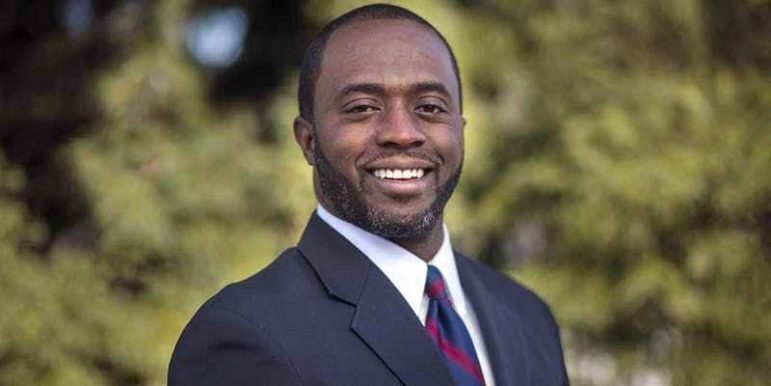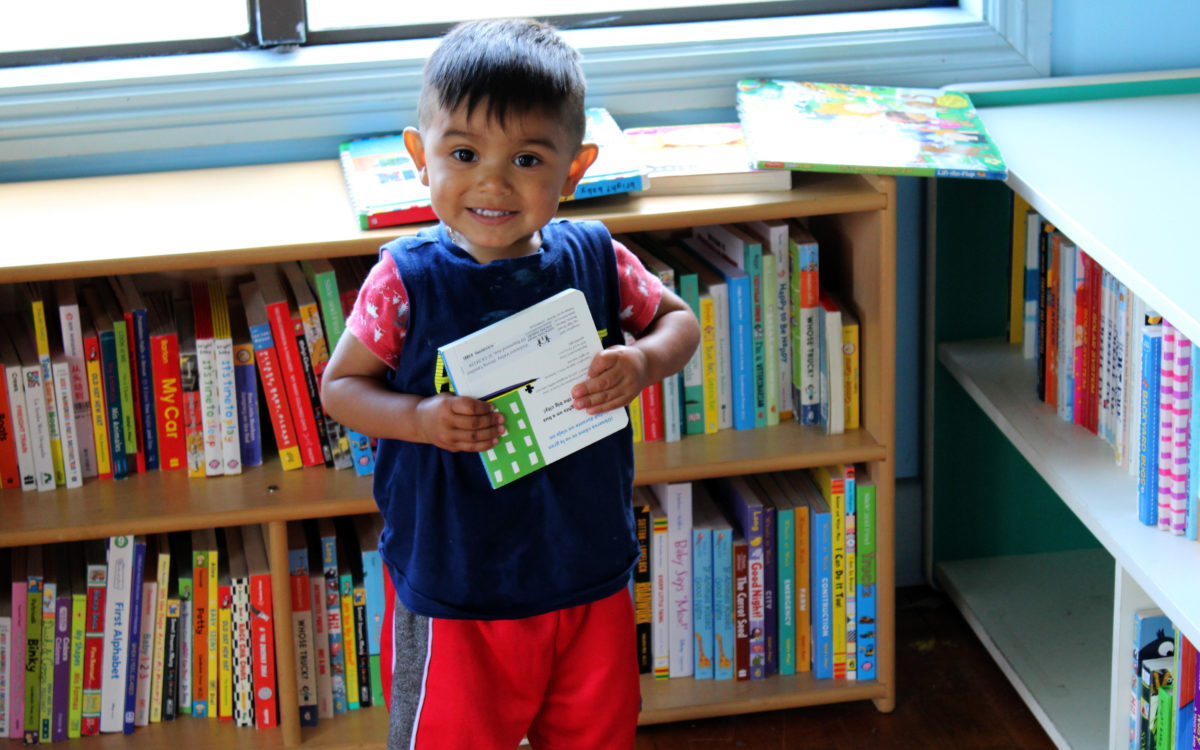After years in which reading scores throughout the state fell short, State Superintendent of Public Instruction Tony Thurmond announced a new initiative Tuesday that would get all California third-grade students reading by 2026.
Though the specifics of the initiative have not been worked out, Thurmond said he plans to put together a task force of educators, parents and education experts within the next few weeks that will eventually make policy recommendations. Assemblywoman Mia Bonta, D-Alameda, will author a bill for the upcoming legislative cycle that will address and fund those recommendations.
Research shows that students who aren’t reading at grade level by the third grade will struggle to catch up throughout their education career.
During the 2018-19 school year, only 51% of California students in grades three through 11 tested at grade level or above in English language arts on the state’s Smarter Balanced tests; only 48.5% of third graders tested at grade level or above in English language arts.
Research also shows that students who struggle with reading in the third grade can also be at greater risk of dropping out of school and end up in the criminal justice system, Thurmond said.

“This is a strategy about helping children learn to read, but also about putting them on a path that can create success,” said Thurmond, speaking at West Contra Costa Unified’s West County Mandarin School.
Accountability measurements for the initiative will be determined by the task force, Thurmond said. It will also focus on school readiness, professional learning, reducing chronic absenteeism, bilingual education and support that will offset some social and economic impacts that can become a barrier to students, he said.
The task force will decide if the goal is to have all third graders able to read or to have them reading at grade level.
Early literacy has been a focus for policymakers for years. Thurmond said it’s been a priority of his since he was elected in 2018; however, he said, the pandemic has “upended” some of his team’s efforts to address the issue.
In 2020, the state settled a lawsuit filed on behalf of students who struggled with reading at three elementary schools by rewarding 75 elementary schools across the state a total of $50 million in state block grants. The money pays for literacy coaches, teachers aides, training for teachers and reading material that reflects the cultural makeup of the student population.

What makes this new initiative different from the others, Thurmond said, is that it will set a concrete goal of getting students reading by the third grade. This will help “stitch together” other available resources and work that’s already been done, he said.
One of the challenges to the 2026 goal is research suggesting that many children have lost momentum on fundamental literacy skills during the pandemic. The university-based research organization PACE found that reading fluency in second and third graders fell about 30% behind the usual benchmark in a study comparing data from fall 2020 with fall 2019.
“This campaign launches at a time when we have all seen how drastically our education systems can change in a crisis,” said Christopher Nellum, executive director of Education Trust-West. “We’ve seen it all across the state in the last 18-20 months, and in our opinion now is the time to act with the same sense of urgency with regard to our literacy crisis in California.”
Another challenge is a statewide shortage of teachers and paraprofessionals. Though the task force may end up calling for more reading coaches and other specialists, districts may struggle to find them.
